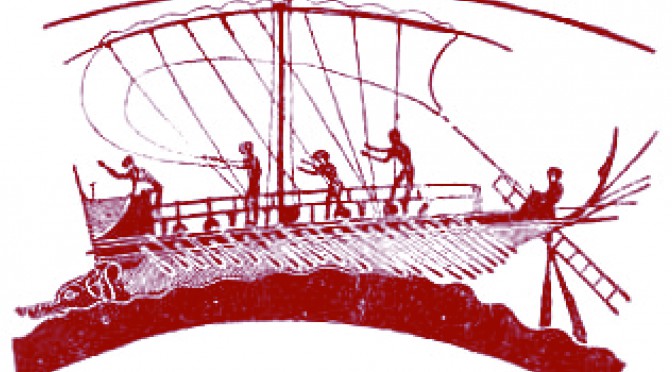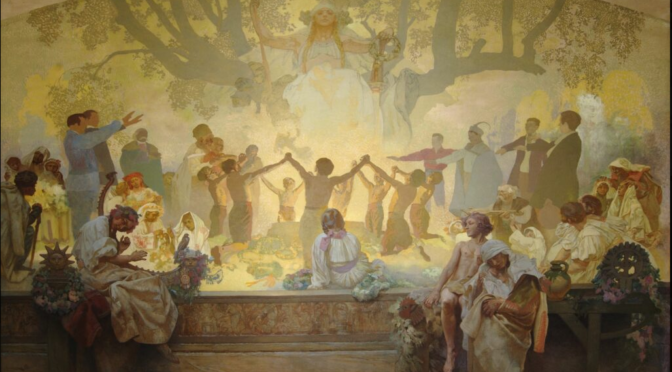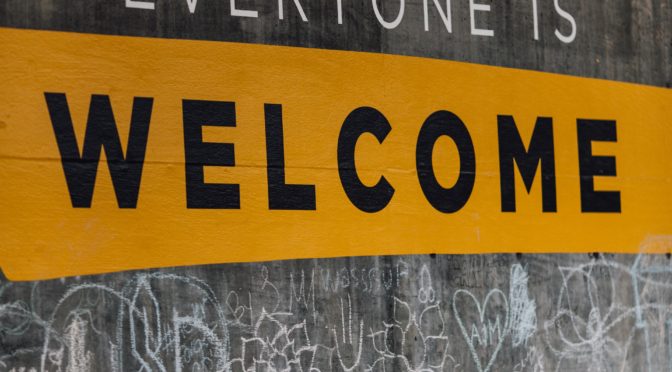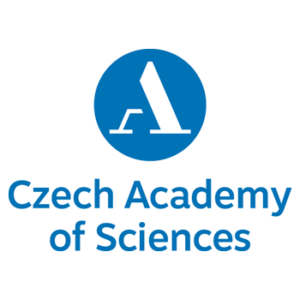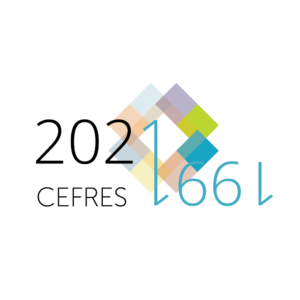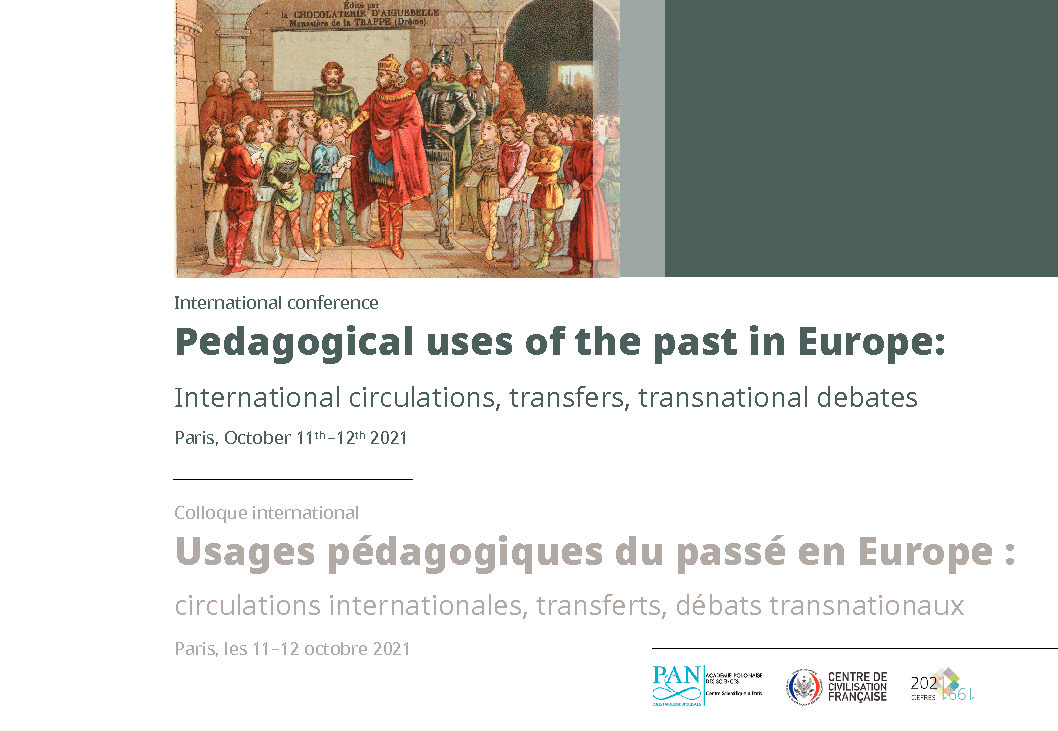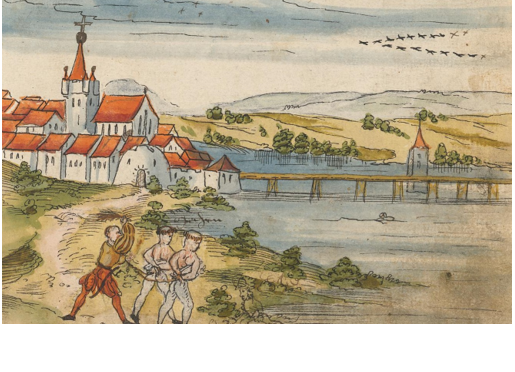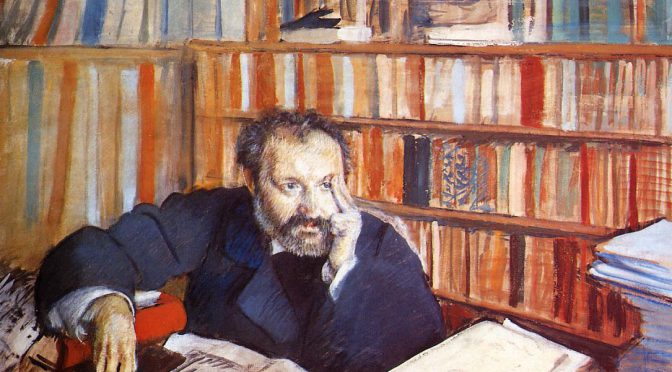We are pleased to invite you to the international conference Pedagogical uses of the past in Europe: International circulations, transfers, transnational debates.
Date: Octobre 11th – 12th, 2021
Place: Centre Scientifique de l’Académie Polonaise des Sciences à Paris, 74, rue Lauriston, 75016 Paris
Language: French and English
Organisators: Académie polonaise des sciences (Centre scientifique à Paris, Centre de civilisation française, CEFRES)
The establishment of new regimes of the late 1980’s in Eastern and Central Europe – as well as successive changes
of governments – have taken place through new historical narratives, combining the demands and needs for
national legitimization, for reconciliation, for symbolic recognition, and the imposition of democratic paradigms.
These concerns have been translated into a variety of mechanisms: solemn speeches, commemorations, lustrations,
ad hoc commissions, legal mechanisms, monuments, museums. Education holds a singular place in such
mechanisms, being assigned with the task of training future generations of citizens.
The scientific field has long neglected the treatment of the past at school and in an extracurricular context. Surely,
the analysis of the instruments of public action in the field of history has been invested by research, concentrating
however essentially on the analysis of textbooks. It remains, with a few exceptions, carried out by researchers
in the educational sciences and, often, by history didactitians. The analysis of international circulations in the
management of the past at school has, for its part, focused mainly on historians’ commissions, without, however,
linking their action to school and extracurricular teaching practices. Yet, schools are the subject of a large number
of transpositions, adaptations and/or (re)appropriations of inherited mechanisms for inter- and/or transnational,
or even global exchanges (work of UNESCO, of the Council of Europe, of the EU, of bilateral commissions of
historians, teaching about Shoah as a political-moral norm, use of the figure of the witness or visits to “places of
memory” in the framework of pedagogical practices).
The aim of this conference is to re-examine uses of the past at school and in extracurricular activities in the light
of these international movements, based on a reflection on the different scales of analysis of this phenomenon:
from the international to the microscopic classroom level. It is indeed linked to the issue of thinking these uses as
one of the determining factors for the construction of educational instruments and practices at school and beyond.
Such an analysis presupposes a reflection on the different levels of these dynamics of circulation: around the
transmitters and disseminators of ideas and knowledge, the socio-political conditions of their privileged reception,
their inclusion in cultural spaces and international or even globalized networks. In this perspective, the
weight of the past in transnational memory conflicts in an enlarged Europe will be questioned, as well as the ruptures
and continuities in the place assigned to minorities. This conference intends to be multidisciplinary, drawing
on reflections from the fields of education, history, political science and sociology.
Program
EN: The speeches will be given in French or English without simultaneous translation. The titles indicate the language of the speech.
11.10.2021
9:15 a.m. Registration
9:45 a.m. Introduction
Emmanuelle Hébert, Université de Namur, Université catholique de Louvain (ISPOLE)
Ewa Tartakowsky, Institut des sciences sociales du Politique (ISP), Centre de civilisation française et d’études francophones de l’Université de Varsovie (CCFEF)
10.00-12:00 a.m. Construction européenne des savoirs historiques
Chair: Anne Bazin, Sciences Po Lille
Patrick Garcia, Université Versailles Saint-Quentin, Institut d’histoire du temps présent, L’évolution du statut de l’histoire dans le discours du Conseil de l’Europe
Włodzimierz Borodziej, Institute of History, University of Warsaw
Embracing the gaps. A very short history of the House of European History
Mathieu Kroon Gutierrez, Université Cergy-Pontoise, Université de Luxembourg, Transmission des savoirs historiques dans un contexte transnational : le cas des Écoles européennes
Discussion: Nicolas Maslowski, Centre de civilisation française et d’études francophones, Université de Varsovie
12.00 a.m. -1.30 p.m. Lunch break
1.00-1.30 p.m. Bilateral Negotiations and Historical Reconciliation
Chair: Sébastien Ledoux, Université de Paris 1, Centre d’histoire sociale des mondes contemporains
Anne Bazin, Sciences Po Lille, Historical Commissions: An Insight on Reconciliation Through Historical Dialogue
Steffen Sammler, Georg Eckert Institute, Quel cadre institutionnel pour une éducation à la réconciliation et la coopération en Europe ? Plaidoyer pour un nouveau forum de discussion.
Dirk Sadowski, Georg Eckert Institute, Textbook Talks Beyond Revision: The (second) German-Israeli Textbook Commission and its Activities.
Emmanuelle Hébert, Université de Namur, Université catholique de Louvain (ISPOLE), From the Battle of Thermopylae to WWII: Transfers, Circulations and Transnational Debates around
the Polish-German Schoolbook Project
Discussion: Jana Vargovčíková, INALCO
3.30-4.00 p.m. Coffee break
4.00-6.30 p.m. History Education, Civic Education?
Chair : Frédéric Zalewski, Université Paris Nanterre
Piero Colla, AGORA, Mémoires exemplaires et éducation aux valeurs : nouveaux usages scolaires du passé, en Suède et dans l’UE (2000–2020)
Sébastien Ledoux, Université de Paris 1, Centre d’histoire sociale des mondes contemporains, Les pédagogies de la mémoire s’européanisent-elles ?
Alexandra Oeser, Université Paris-Nanterre, Institut des Sciences Sociales du Politique, Politiques d’enseignement de la Shoah : la constitution de l’Allemagne comme référence internationale
Discussion : Valentin Behr, Institut d’études avancées de Paris
12.10.2021
10.00-12.00 a.m. : Teaching National History: Between Public Policies and Social Memory
Chair : Ewa Tartakowsky, ISP, CCFEF
Tea Sindbæk Andersen, University of Copenhagen
Forging public memory. Yugoslav historical narratives in Bosnian, Croatian and Serbian schoolbooks
Olga Konkka, Université Bordeaux Montaigne, Centre d’Études des Mondes Moderne et Contemporain, Border Walls in History Education: Foreign Historiographies in Soviet and Post-Soviet Russian School History Textbooks
Hana Havlujova, Charles University, Enjoying National Heritage: Educational Use of the Past in the Czech Republic and Beyond
Discussion : Paul Gradvohl, Université Paris 1, Centre de recherche de l’histoire de l’Europe centrale
contemporaine
12:00 a.m. -1.30 p.m. Lunch break
1.30 -3.30 p.m. Teaching history in national contexts at a time of international circulation of pedagogical practices
Chair: Emmanuelle Hébert, Université de Namur, Université catholique de Louvain (ISPOLE)
Violetta Julkowska, Université Adam Mickiewicz
Historie rodzinne jako element szkolnej edukacji historycznej – źródła, metody pracy, praktyka szkolna w ujęciu
porównawczym [Traduction en français et/ou anglais sera assurée : Les histoires de famille comme élément de l’enseignement historique scolaire – sources, méthodes de travail, pratiques scolaires dans
une perspective comparative]
Edina Kőműves, ELTE Budapest, Histoire en dehors de la salle de classe – expérimentations pédagogiques dans les années ‘90 en Hongrie
Magdalena Saryusz-Wolska, German Historical Institute in Warsaw, Educational Expectations. Public Debates about History Films in Poland
Elżbieta Durys, Faculty of Education, University of Warsaw, Felt History: Melodrama and Affect in Educating about the Past in Contemporary Polish Historical Cinema
Discussion: Bénédicte Girault, Université de Cergy-Pontoise, UMR Héritages
3.30- 4.00 p.m. Coffee break
4.00-6.00 p.m. Educational Uses of the Past in a Regional Perspective
Chair: Ewa Tartakowsky, ISP, CCFEF
Edenz Maurice, Institut des hautes études du ministère de l’Intérieur, Centre d’histoire de Sciences Po, L’enseignement adapté pour les Amérindiens de Guyane : usages et mésusages du passé (1955–1984)
Aurélie de Mestral, Université de Genève, Institut universitaire de formation des enseignants, L’histoire scolaire depuis la Suisse romande : circulation trans-cantonale et poids du passé
Discussion: Emmanuel Saint-Fuscien, École des hautes etudes des sciences sociales, LIER
For more informations, please contact the main organizers:
Ewa Tartakowsky, Institut des sciences sociales du Politique, Centre de civilisation française et d’études francophones de l’Université de Varsovie, etartakowsky@yahoo.fr
Emmanuelle Hébert, Université de Namur, Université catholique de Louvain (ISPOLE)
emmanuelle.hebert@coleurope.eu

